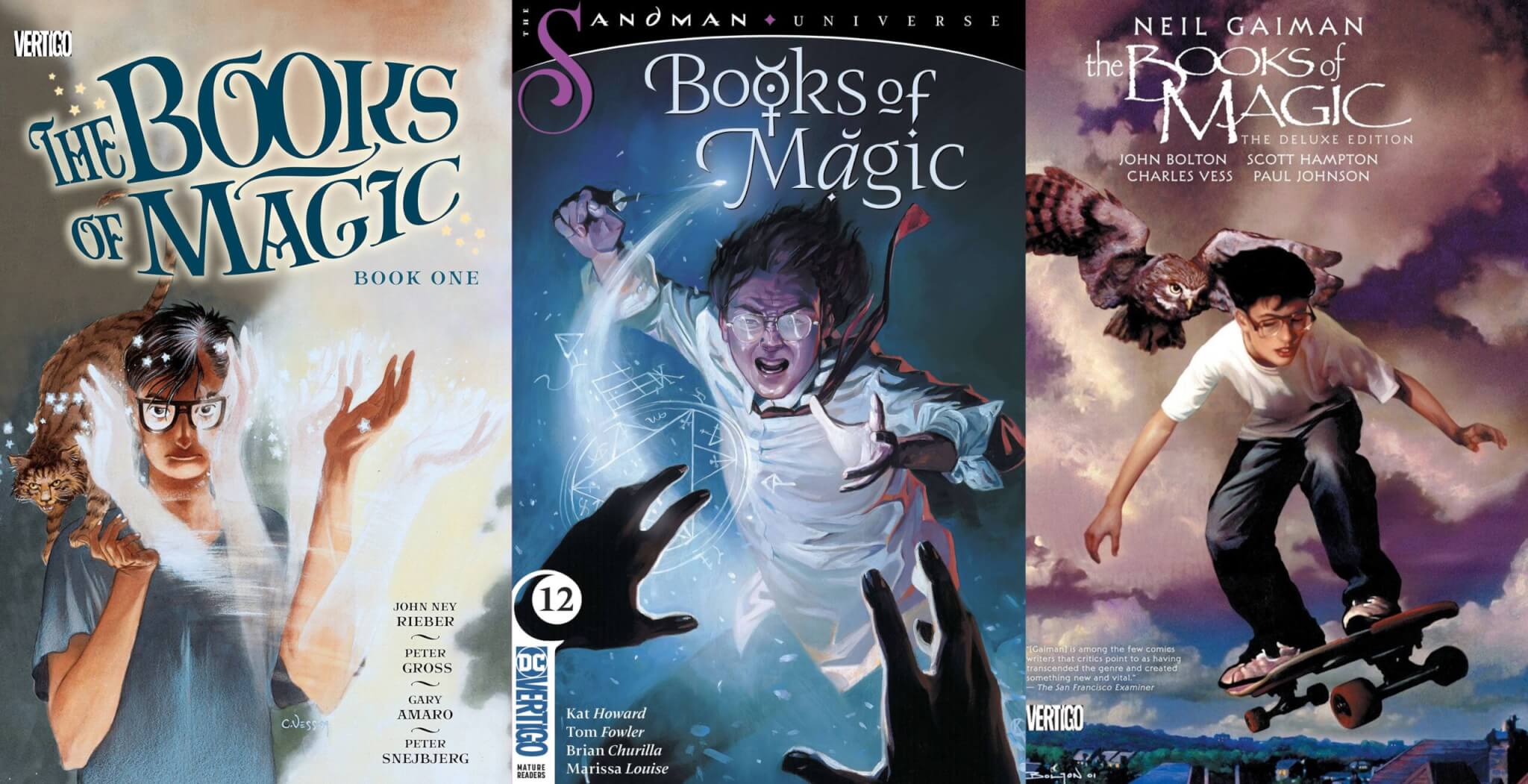Last year I was on a 13-hour flight—that type where it doesn’t matter how hard you try you simply can’t seem to fall asleep. After doom scrolling through the airplane’s entertainment program I stumbled upon an episode of Other Voices—a show that invites artists to a beautiful tiny fishing village in Ireland called Dingle to perform their songs to a small audience. The episode “The Day Amy Went To Dingle” (2012) featured the singer Amy Winehouse and showcased a beautiful compilation of intimate interviews of the artist, conducted by the presenter John Kelly mixed with archival footage of her greatest musical influences such as Mahalia Jackson, Sarah Vaughan and Ray Charles followed by a beautifully raw acoustic set she played in the local St James’s church in front of only 80 people back in 2006—solely accompanied by guitar and bass making her unique voice the star of the show.
Watching this footage on a tiny, scratched screen added a certain nostalgia to it—almost feeling like I was witnessing a piece of history since all of it took place around the same time the singer released her award-winning debut album Back to Black—the record that manifested the beginning of her worldwide rise to fame. Back to Black is also the namesake of a new biopic (2024) of Amy Winehouse, written by Matt Greenhalgh and directed by Sam Taylor-Johnson—a movie that has sparked a lot of controversy as some fans state it fails to paint an authentic picture of the multifaceted artist and rather adds to a sensationalist narrative. Because Amy Winehouse’s life was heavily characterized by the exploitation of her personal life, concerns about the authenticity and ulterior motive behind the movie were raised way before the official premiere.
Trials and tribulations of Amy Winehouse’s road to fame
Being born into a family of jazz musicians and music-lovers Amy Winehouse lived and breathed music from an early age on. Her rise to producing studio albums was thanks to her close friend and pop singer Tyler James, who shared a demo tape of Amy with his manager Nick Shymansky—ultimately she got signed with Island Records in 2002 when she was only 19 years old. A year later Amy Winehouse released her debut album “Frank”—named after one of her inspirations Frank Sinatra but also shedding light on the frank nature of her authentic and blunt lyrics with heavy jazz influences.
In 2006 the singer released her second record “Back to Black” – an album that shows her processing a toxic and abusive relationship with her then-boyfriend Blake Fielder-Civil, who she first met at a bar in Camden in London in 2005. The relationship was characterized by turbulences, destructive and violent behavior, and intense media coverage with their every move being followed by paparazzi and afterwards being torn apart in the morning spread of British tabloids. Blake temporarily broke up with Amy Winehouse to get back together with his ex – a situation of intense emotional inner turmoil – all of which the singer poured into her single “Back to Black”:
“We only said goodbye with words, I died a hundred times. You go back to her, and I go back to black.”
“Back to Black” — Amy Winehouse
Not long after the release of Back to Black the couple rekindled and later got married, which came as a surprise to both her fans and family. Blake admitted to introducing Amy to crack cocaine, heroin and self-harming—what followed were public displays of excess and assault, Blake being in and out of jail and multiple cancellation of concerts due to the deterioration of Amy’s health—all while being exploited by the media releasing horrific headlines and pictures.
Back to Black displays Amy spiraling into a dark place—living with depression, an eating disorder and battling addiction.
“They tried to make me go to rehab, but I said, ‘No, no, no.’ Yes, I’ve been black, but when I come back, you’ll know, know, know.”
“Rehab” — Amy Winehouse
With “Back to Black” marking her final album, these lyrics resonate deeply, almost as if foreshadowing her passing on July 23rd of 2011—joining the “27 club,” an informal list of artists who died at the age of 27, oftentimes as a result of drug abuse or violence:
“And I tread a troubled track, my odds are stacked. I’ll go back to black.”
“Back to Black” — Amy Winehouse
Amy Winehouse’s New Biopic “Back to Black”
13 years after her death, there’s yet another movie aiming to paint a portrait of the singer, however, it feeds into the same exploitation of Amy Winehouse’s struggles.
“Back to Black“ showcases key events in Amy’s life: her relationship with her mother and father, her first record deal, the first encounter with Blake, her grandmother Cynthia Winehouse’s death, and ultimately her own passing. Even though its accuracy of events, the film lacks depth because it paints a one-dimensional picture of the artist heavily focusing on her relationship with Blake—almost romanticizing it as a naive love story. It does not add a new angle to an already well-known story and also fails to truly highlight Amy’s first big love: music. This is different from Sofia Coppola’s Priscilla (2023), which pushes Elvis to the side of the story.
Scrolling through the comment section of the biopic’s trailer many people concur that if you were to watch a movie about Amy Winehouse, it should be Asif Kapadia’s documentary “Amy” (2015), which features raw scenes from the archives of her first manager Nick Smymansky, interviews with friends and family members and ultimately manages to paint an unfiltered portrait of the singer’s daily life without romanticizing or overdramatizing her life struggles.
What the biopic does succeed in doing, however, is to show the extent of the media’s obsession with Amy Winehouse and how the paparazzi camped in front of her home day and night in order to get the perfect incriminating snapshot. But there‘s another layer missing when talking about the destruction of the singer – misogyny. The media hound on Amy Winehouse reflects a deeply misogynistic society that echoes the sensationalist reports on Lady Diana and later Britney Spears (only to name a few)—all of their struggles and suffering were and until this day is heavily capitalized on without remorse—a display of the darker realities of stardom.
Ultimately, to put it in Amy’s words:
“I’m not a girl trying to be a star, I’m just a girl that sings.”
Amy Winehouse in the documentary Amy (2015).
Rest in peace, Amy Winehouse—gone too soon!
*Header: Amy Winehouse, before Frank © Charles Moriarty




























